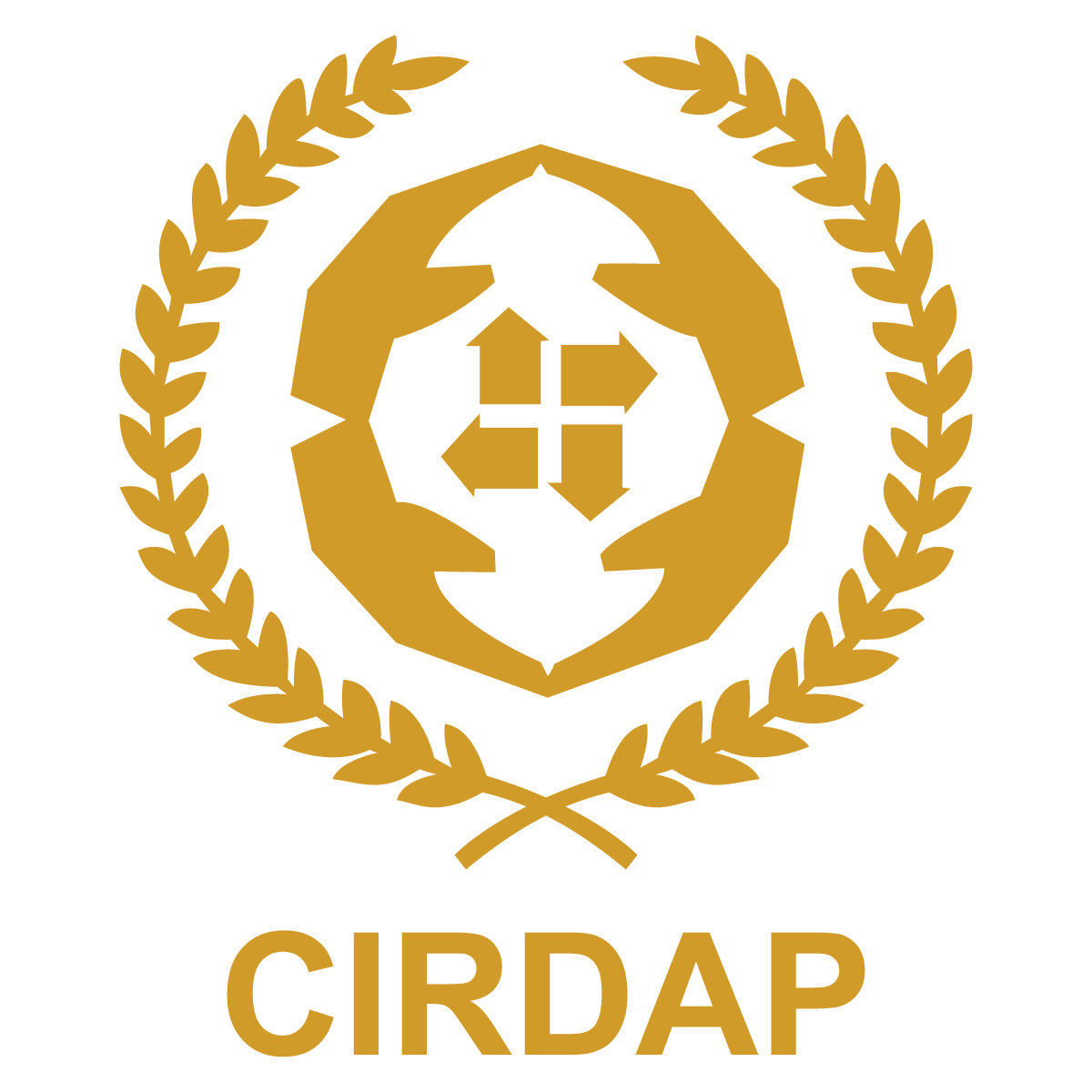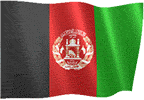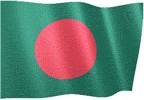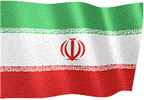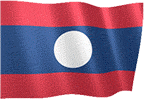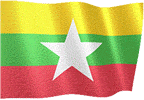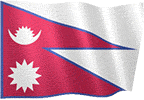
About CIRDAP
MISSION
- To utilise state of the art information and communication technology;
- To provide flagship trainings and capacity development in the field of integrated rural development and related agricultural activities to serve the needs of rural communities in the region and sub-regions;
- To enhance the analytical capability of developing countries in formulating rural development policies, as well as, determining appropriate measures corresponding with impacts of the globalization, trade liberalization, climate change and disaster risks in the region and sub-regions, engagement communities by using community-based and adaptive management approach;
- To foster the cooperation on development between countries in the region and sub-regions through collaborative research projects;
- To collaborate with interagency departments, academic institutions, private sector, research funds, and other national and international organizations to disseminate knowledge gained and transfer of innovative technologies to developing countries in the region and sub-regions.
VISION
To be a Centre of Excellence & multi-level platform for cooperation in knowledge transfer and capacity building for developing countries in integrated rural affairs for sustainable development in Asia and the Pacific Region.

VALUES
- Diligence – Commitment to careful and persistent work and effort to contribute to the achievement of CIRDAP goals;
- Integrity – Uphold moral or ethical code through honesty, faithfulness, sincerity and innocence;
- Transparency and Accountability – Ensure that all activities are undertaken through ways in which they can easily be visible by others and taking ownership of their processes and outputs;
- Inclusivity – Ensure the inclusion of the most vulnerable rural people in terms of socio-economic status, gender, physical challenges in all activities undertaken; and
- Resilience – The ability to anticipate and manage challenges to sustain continuous progress.
CIRDAP AT A GLANCE
The objectives of the Centre are:
* To assist national action and promote regional co-operation relating to Integrated Rural Development (IRD), in the region
* To act as a servicing institution for its member states
* To encourage joint collective activities to benefit the member countries both individually and collectively
* To poverty alleviation through people’s participation in the development process.
The CIRDAP Agreement states that to achieve the objectives, the Centre shall:
* Conduct and, through the national IRD centres, promote research on various aspects of IRD in the region, with emphasis on alternative approaches leading to more effective field
action programmes;
* Hold consultative conferences or other meetings enabling national decision-makers, research workers, planners and executives to exchange ideas and experiences on IRD and to identify areas in which collaborative efforts should be promoted for the mutual benefit of member states;
* Organise training courses on planning, implementation and evaluation of programmes for IRD and assist, where desired, the national IRD centres in implementing their respective training programmes;
* Provide technical support to national IRD centres and maintain liaison with such centres and with national, regional or international organisations and agencies concerned with IRD;
* Serve as a clearing house and data bank for information on IRD in the region and promote the dissemination of information through publications and the preparation of documentation, including the translation of significant publications on IRD;
* Perform such other functions as may be necessary or useful for the attainment of its objectives.
How CIRDAP Works
CIRDAP works at global, regional, national and community level through its development partners, contact ministries and link institutions. It has one contact ministry (e.g. MRRD, MoALI, etc) and one link institution (e.g. AIRD, BARD, etc) in each of its member countries.
CIRDAP mobilize resource from its development partners of numerous international donor organizations, UN agencies, etc. (e.g. FAO, UNDESA, JAICA) globally to work in regional, national and community level vice versa.
At regional level CIRDAP collaborate with its regional/intergovernmental development partners (e.g. APO, SAARC, ECO, etc) to work in CIRDAP member countries (CMCs) which are represented by CIRDAP Contact Ministries (CCM).
With support from contact ministry, CIRDAP also directly work with CIRDAP Link Institutions (CLIs) to organize In-country and international programmes. CIRDAP is now encouraging its member countries to establish CIRDAP-Sub Centers in each member countries to accelerate research and programme activities in national level.
Beside this, in collaboration with CCMs and CLIs, CIRDAP is reaching the national level development partners (e.g. NGOs, Universities and autonomous development organizations) to ensure that the impact reaches the most marginalized people at the community level.
Strategic Roadmap & Programme Guidelines:
